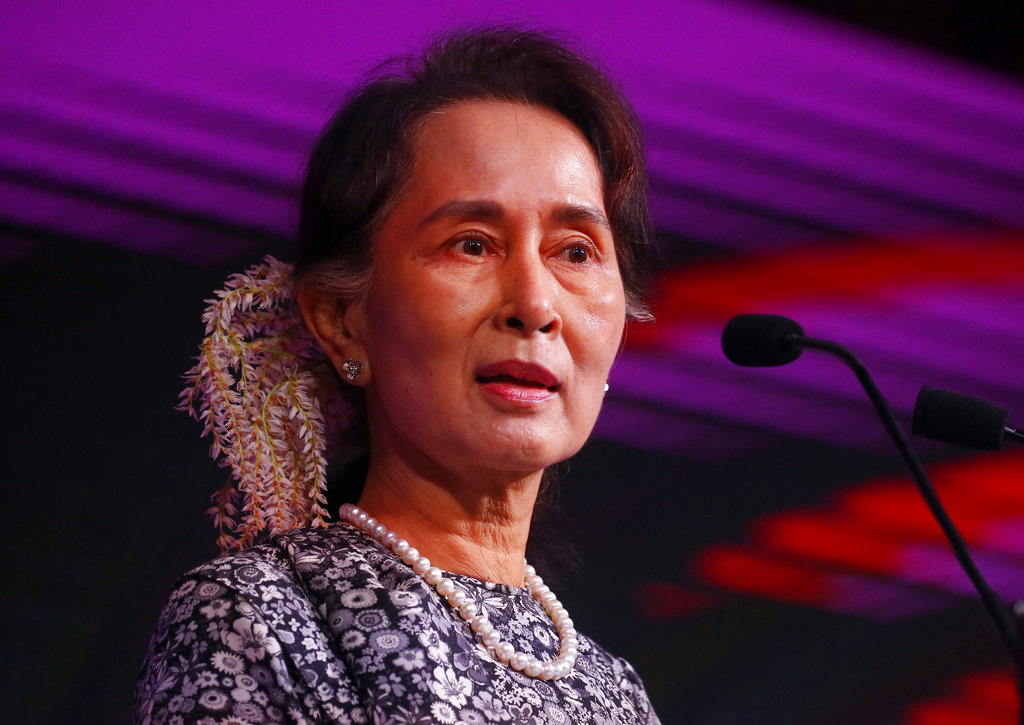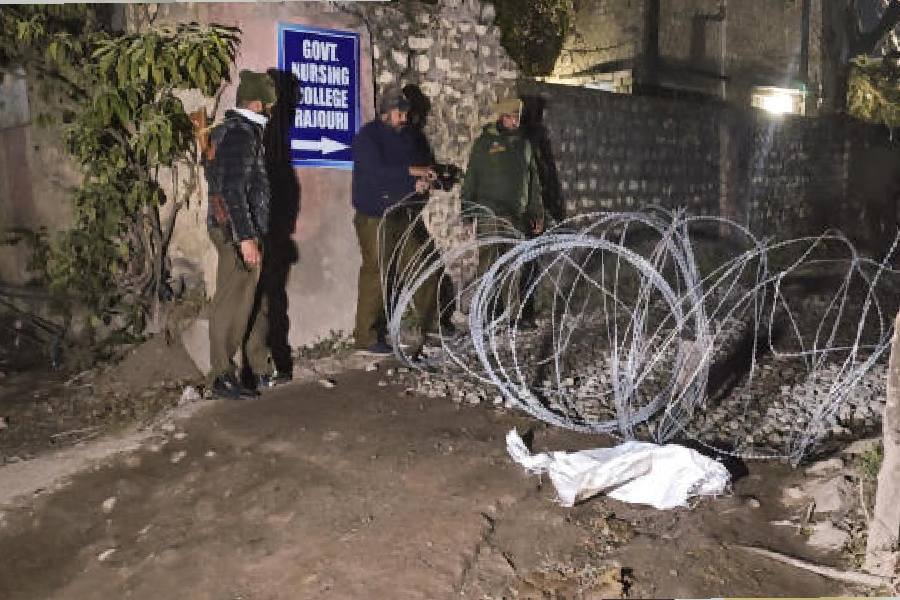Aung San Suu Kyi will appear before the International Court of Justice (ICJ) to contest a case filed by Gambia accusing Myanmar of genocide against its Rohingya Muslim minority, her government said on Wednesday.
More than 730,000 Rohingya Muslims have fled to neighbouring Bangladesh since a 2017 crackdown by Myanmar’s military, which UN investigators say was carried out with “genocidal intent”. Buddhist majority Myanmar denies accusations of genocide.
Gambia, a tiny, mainly Muslim West African state, lodged its lawsuit after winning the support of the 57-nation Organisation for Islamic Cooperation (OIC).
Only a state can file a case against another state at the ICJ.
“Myanmar has retained prominent international lawyers to contest the case submitted by Gambia,” the ministry for state counsellor Suu Kyi’s office said in a Facebook post.
“The State Counsellor, in her capacity as Union Minister for Foreign Affairs, will lead a team to the Hague, Netherlands, to defend the national interest of Myanmar at the ICJ,” it said, giving no further details.
Military spokesman Brig. Gen. Zaw Min Tun said the decision was made after the army consulted with the government.
“We, the military, will fully cooperate with the government and we will follow the instruction of the government,” he said.
A spokesman for Suu Kyi’s party, the National League for Democracy, said she had decided to take on the case herself.
“They accused Aung San Suu Kyi of failing to speak out about human rights violations,” spokesman Myo Nyunt said. “She decided to face the lawsuit by herself.”
Both Gambia and Myanmar are signatories to the 1948 Genocide Convention, which not only prohibits states from committing genocide but also compels all signatory states to prevent and punish the crime of genocide.
The ICJ has said it will hold the first public hearings in the case on December 10 to 12. The court has no means to enforce any of its rulings.
The ICJ, established in 1946, settles disputes between states, and individuals cannot sue or be sued there.
But Myanmar is facing a wave of international pressure from courts across the world, and other cases involve individual criminal responsibility.
Days after Gambia filed its case at the ICJ, Rohingya and Latin American human rights groups submitted a lawsuit in Argentina under “universal jurisdiction”, a legal premise that deems some crimes as so horrific that they can be tried anywhere in the world.
Suu Kyi was named in that lawsuit, which demands that top military and civilian leaders be sanctioned over the “existential threat” faced by the Rohingya minority.











